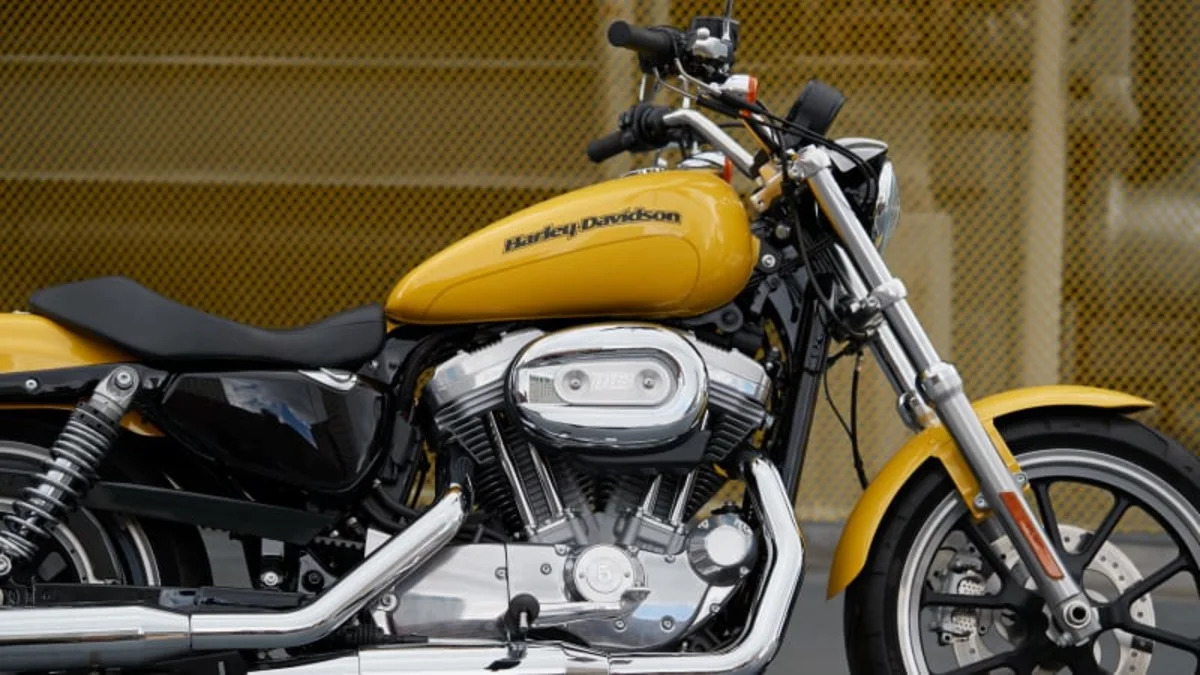Harley-Davidson says it will consolidate its manufacturing operations by closing its Kansas City, Mo., plant and shifting operations to its plant in York, Pa. The Milwaukee-based maker of heavyweight motorcycles is responding to a four-year sales decline and a steep drop in 2017.
The move means the loss of about 800 jobs in Kansas City, starting midyear, and the closure of the plant by fall 2019, according to media reports. The company, which President Trump praised last year as a "great example" of a business creating jobs and building factories in the U.S., says it will add up to 450 new full- and part-time and contractor positions at the York plant.
Sales of Harley bikes have fallen on every continent, and Harley-Davidson sees more pain ahead, projecting that global sales will fall up to 4.9 percent more in 2018 after dropping 6.7 percent in 2017. Net income fell a whopping 82 percent in the fourth quarter to $8.3 million. That's down from $47.18 million in the same quarter of 2016, the Milwaukee Journal-Sentinel reports. Revenue for the year rose, but sales in the U.S. fell 8.5 percent, with international sales down 3.9 percent.
The Kansas City plant is home to Harley's vehicle and powertrain operations, assembling all Dyna, Sportster and VRSC motorcycles, and manufacturing powertrains for V-Rod bikes. It opened in 1998 and is one of Harley-Davidson's four U.S. factories. The company also maintains production facilities in Australia, Brazil, India and Thailand.
Harley says it has plans to reverse its decline, including bringing its LiveWire electric bike to the market within 18 months. A 10-year strategy also involves training 2 million new U.S. riders, growing international markets to 50 percent of sales and launching 100 new "high-impact" motorcycles.
Robin Diedrich, an analyst with Edward Jones Co., told the Sentinel that foreign competitors are benefiting from a strong U.S. dollar, which makes it more profitable to sell foreign-made bikes in the U.S. at lower prices. Aging baby boomers who once fueled rising sales are another factor.
"Harley can't get younger people into the hobby, and the bikes are too big to be transportation in Europe or Asia," Bloomberg Intelligence analyst Kevin Tynan said in a note to clients, Bloomberg reports.
Related Video:


Sign in to post
Please sign in to leave a comment.
Continue